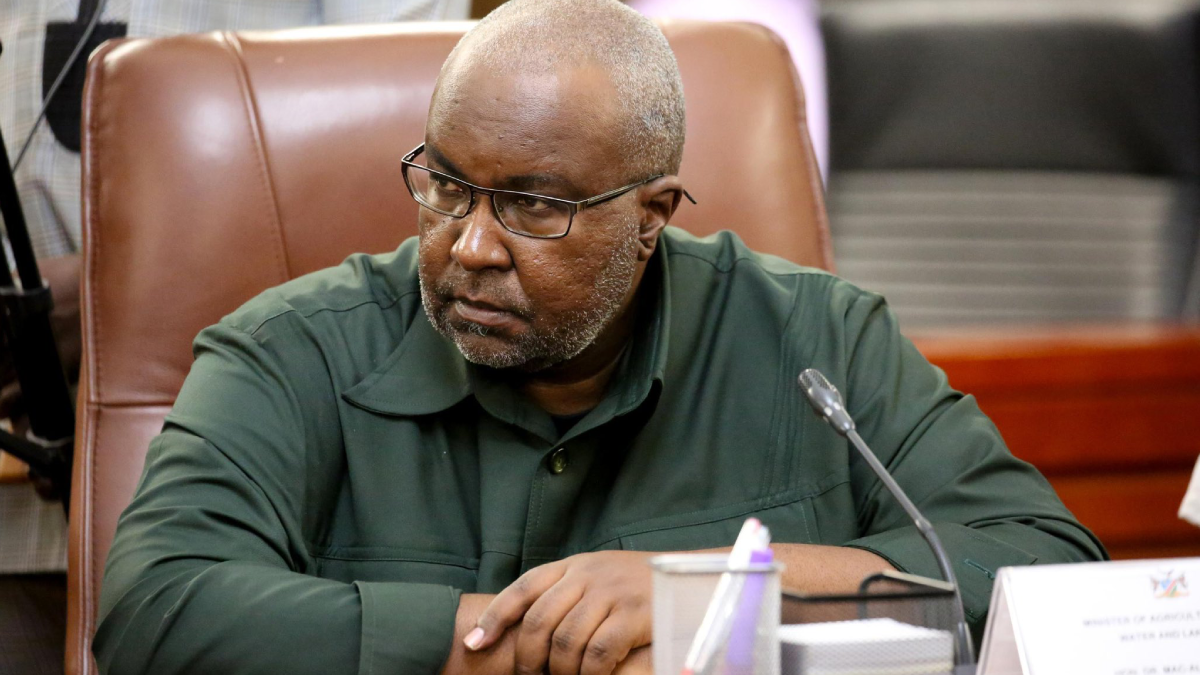In the hustle and bustle of daily life, it’s easy to overlook the importance of health. Yet, in the face of an adversary as formidable as cancer, prioritizing wellness isn’t just beneficial—it is essential.
In Kenya, cancer rates are on the rise, and adopting a lifestyle centered around healthy living can be a potent weapon in the fight against this disease.
Now more than ever, it is imperative to address the escalating issue of cancer cases in Kenya which compels us to rethink our strategies.
The Kenya Ministry of Health National Cancer Control Strategy (2023–2027) estimates a steady increase in cancer cases in Kenya, with over 42,000 new cases reported annually, with 27,000 deaths in 2020 alone, and this number is undoubtedly an underestimate, with diagnosis and reporting levels still low nationwide.

Globally, an estimated 10 million deaths attributable to cancer are recorded annually with about 75% of these occurring in low and middle-income countries, such as Kenya.
READ ALSO: King Charles III diagnosed with cancer
The discrepancy between higher and lower-income countries is striking: in 2019, 90% of high-income countries reported having comprehensive treatment services for cancer in their public health systems, with prevention, early diagnosis, and screening programs, which together with better treatment, saved 1 in 5 premature deaths from cancer between 2000 and 2015.
In the same period, lower-income countries only saw a reduction in premature deaths of 1 in 20.
This underscores the urgency of implementing robust preventative measures to curb escalating cancer rates and ensure a healthier future for the nation.
A concerning aspect is the demographic distribution of cancer in Kenya.
While cancer affects individuals across various age groups and backgrounds, certain demographics bear a disproportionate burden.
The five most common cancers in Kenya are breast, cervical, prostate, oesophageal, and colorectal.
Women are disproportionately affected: the risk of developing cancer before the age of 75 years in Kenya is 18% among women and 14.3% among men.
READ ALSO: Research indicates having intercourse at early age leads to cervical cancer
Given cancers such as cervical cancer are fully preventable if identified and managed at the pre-cancer stage, this is a reality of great concern.
Lack of access to regular screenings and awareness programs, particularly in rural areas, contributes to delayed diagnoses and limits the effectiveness of preventive interventions.
Understanding socio-economic factors influencing lifestyle and cancer risk is paramount in championing preventative healthcare.
Individuals from different socio-economic backgrounds often face disparate challenges that impact their lifestyle choices, subsequently influencing their risk of developing cancer.
Access to education, healthcare resources, and economic opportunities profoundly shapes behaviors related to diet, physical activity, and exposure to environmental risk factors.
One thing remains imperative, we must return to the basics of health.
Doctors must encourage patients to live healthier every day. Exercise, healthy diets, water, and rest; are some of the things that in the long run work in favour of our bodies in cancer prevention.
Digital technology has emerged as a powerful tool in cancer prevention.
Virtual consultations to mobile applications, digital health, and telemedicine play pivotal roles in the fight against cancer and early detection.
For instance, health-tracking apps that enable tracking of diets, exercise, and overall wellness provides valuable insights into one’s health status and areas of improvement.
READ ALSO: EDITORIAL: Let’s commit to breaking the silence on Cervical Cancer
Accessibility to doctors through telemedicine platforms has not only eased the cumbersome burden of hospital visits but also increased health education, offered one-on-one counseling sessions, and supported individuals who are at a higher risk of cancer through family history through guided lifestyle modifications.
While access to health infrastructure especially in rural Kenya is challenging and sometimes even lacking, telemedicine has stepped in the gap and offered preventative care to Kenyans in all regions.
READ ALSO: King Charles III thanks the public for support after cancer diagnosis
This year, let us not only reflect on the challenges posed by this formidable threat but also unite in our commitment to prevention, considering the unique landscape of cancer in Kenya. Good health is a lifetime’s work of healthy choices.
Written by Dr. Martin Makau










